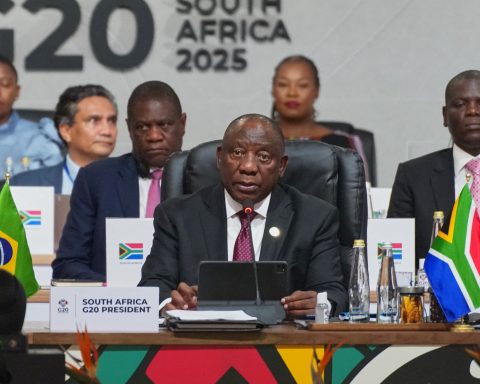The Expropriation Act legal battle intensified after President Cyril Ramaphosa admitted under oath that Sections 19(2), (3) and (4) violate the Constitution. Consequently, these sections allow expropriation before landowners can challenge it in court. That sequence creates a “circular process” and renders the provisions unworkable. Therefore, in an affidavit to the Western Cape High Court, Ramaphosa asked judges to fix the flaw by amending the wording.
Why Section 19 Fails
At its core, Section 19 suffers from vague wording, especially the use of “notice of expropriation” as the trigger for a dispute. Moreover, Ramaphosa notes a conflict with Section 7, which governs an intention to expropriate. He says the process becomes void for vagueness. As a result, he proposes replacing “notice of expropriation” with wording that allows disputes after mediation or after a notice of intent. Ultimately, this legal battle regarding the Expropriation Act hinges on whether judges will patch the text or send the job to Parliament.
Dispute Over the Solution
Ramaphosa urges the court to revise the text so the Act can operate lawfully. However, AfriForum and the Democratic Alliance argue the flaws cut too deep for a judicial fix. Furthermore, AfriForum CEO Kallie Kriel insists Parliament must rewrite the Act. He says the proposed changes stretch beyond what courts should do. Consequently, this clash fuels the ongoing legal battle over the Expropriation Act, testing land reform and executive accountability.
Controversy Over Timing
Meanwhile, critics fault Ramaphosa for signing the Act on 20 December 2024 and for the 24 January 2025 gazette date. They argue the 35-day gap blocked MPs from using the Constitution’s 30-day referral window to approach the Constitutional Court. By contrast, Ramaphosa says the Government Printing Works closed over the festive season. Nonetheless, AfriForum counters that it closed only on public holidays. This timing has added another layer to the Expropriation Act’s legal battle.
Ongoing Property-Rights Fight
Ramaphosa defends Section 12(3), which permits nil compensation in specific cases. He says it aligns with the Constitution when judges weigh all factors. Even so, AfriForum warns that uncertainty over property rights could scare investors and hurt the economy. As this legal battle over the Expropriation Act continues, such economic concerns remain significant.






